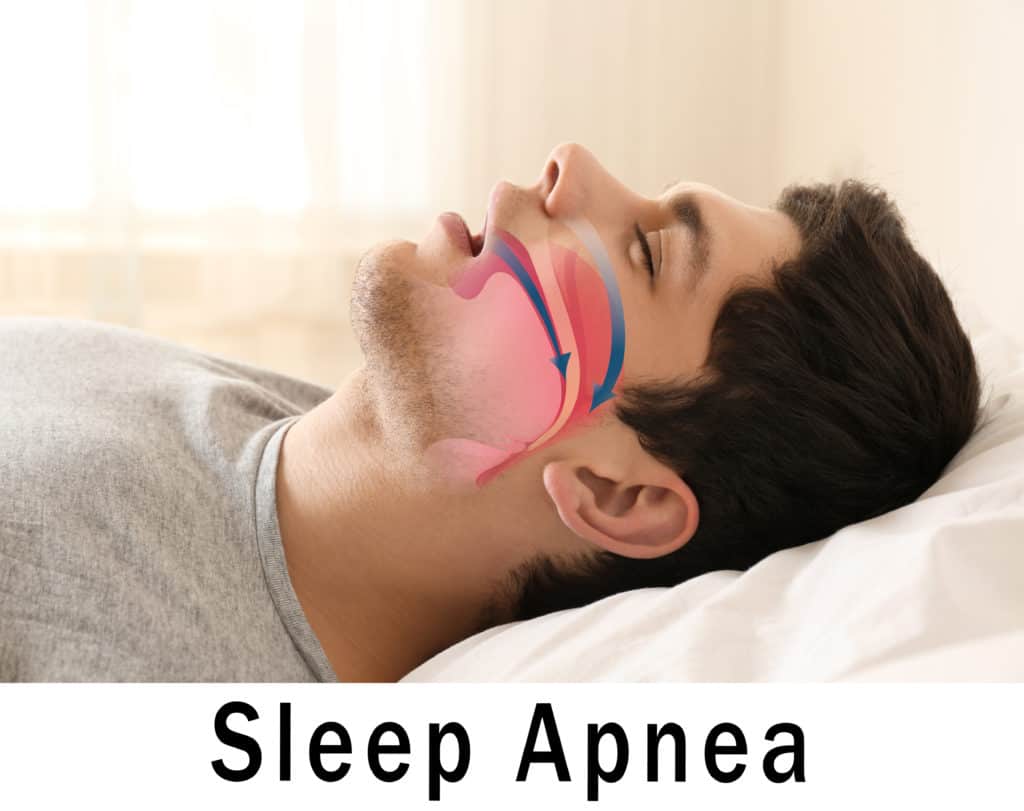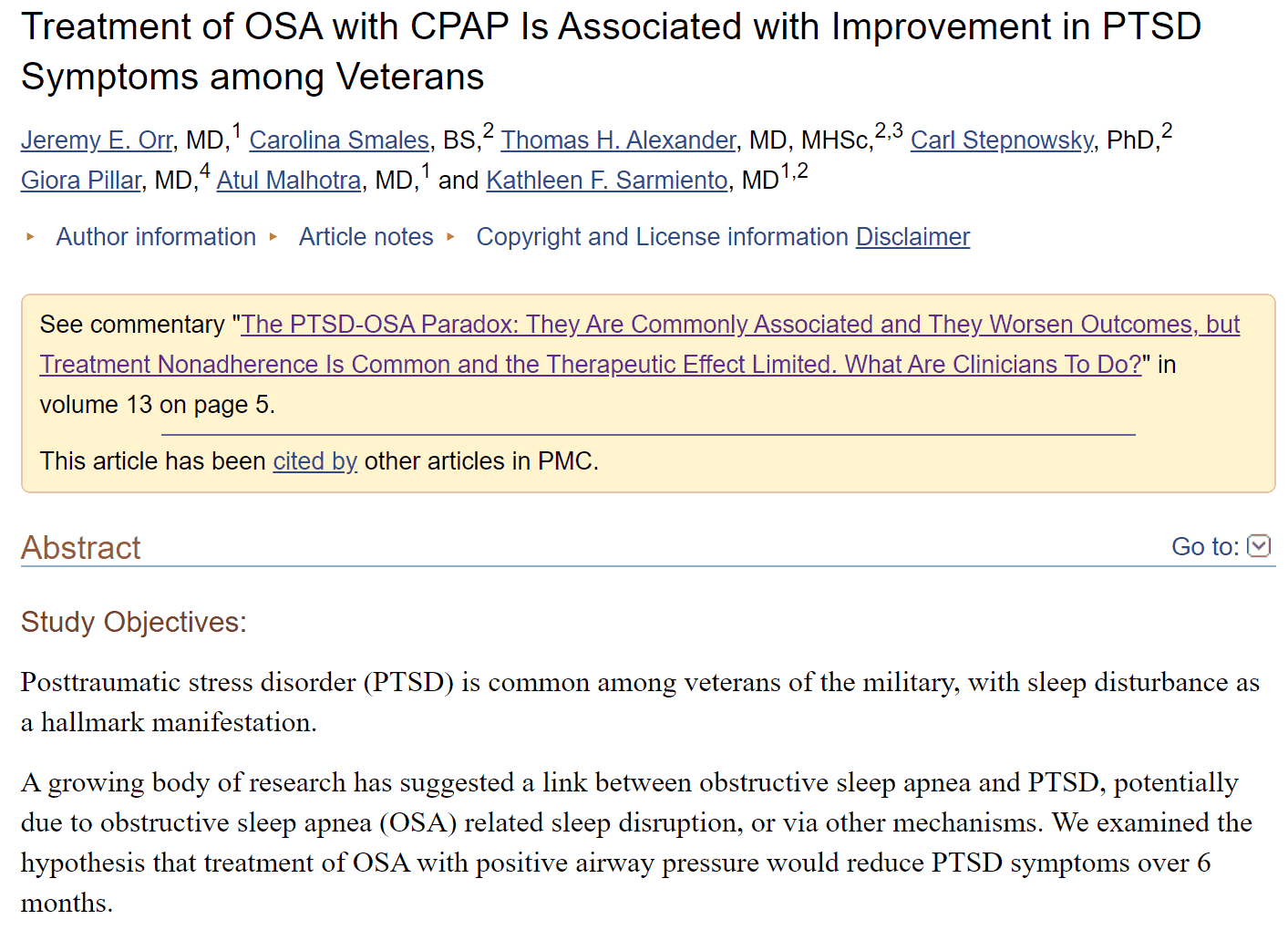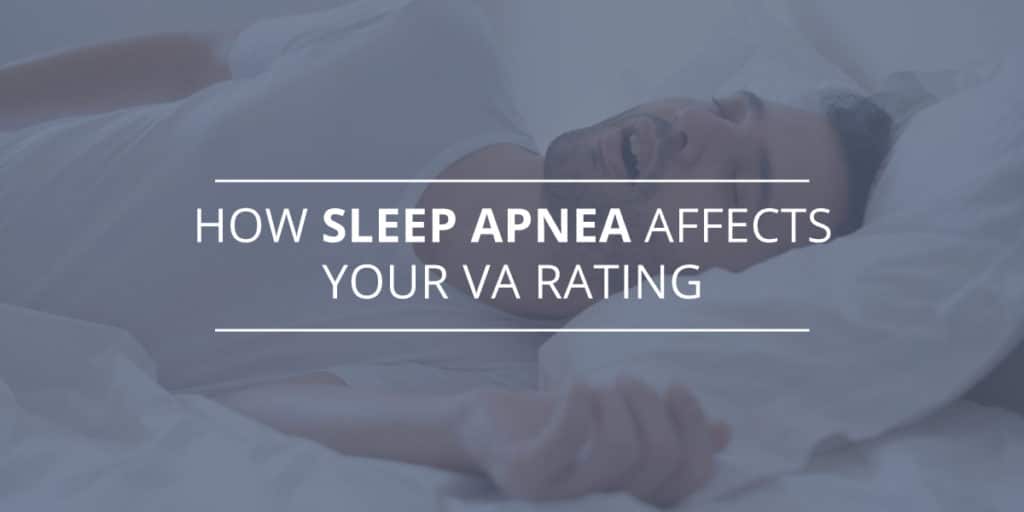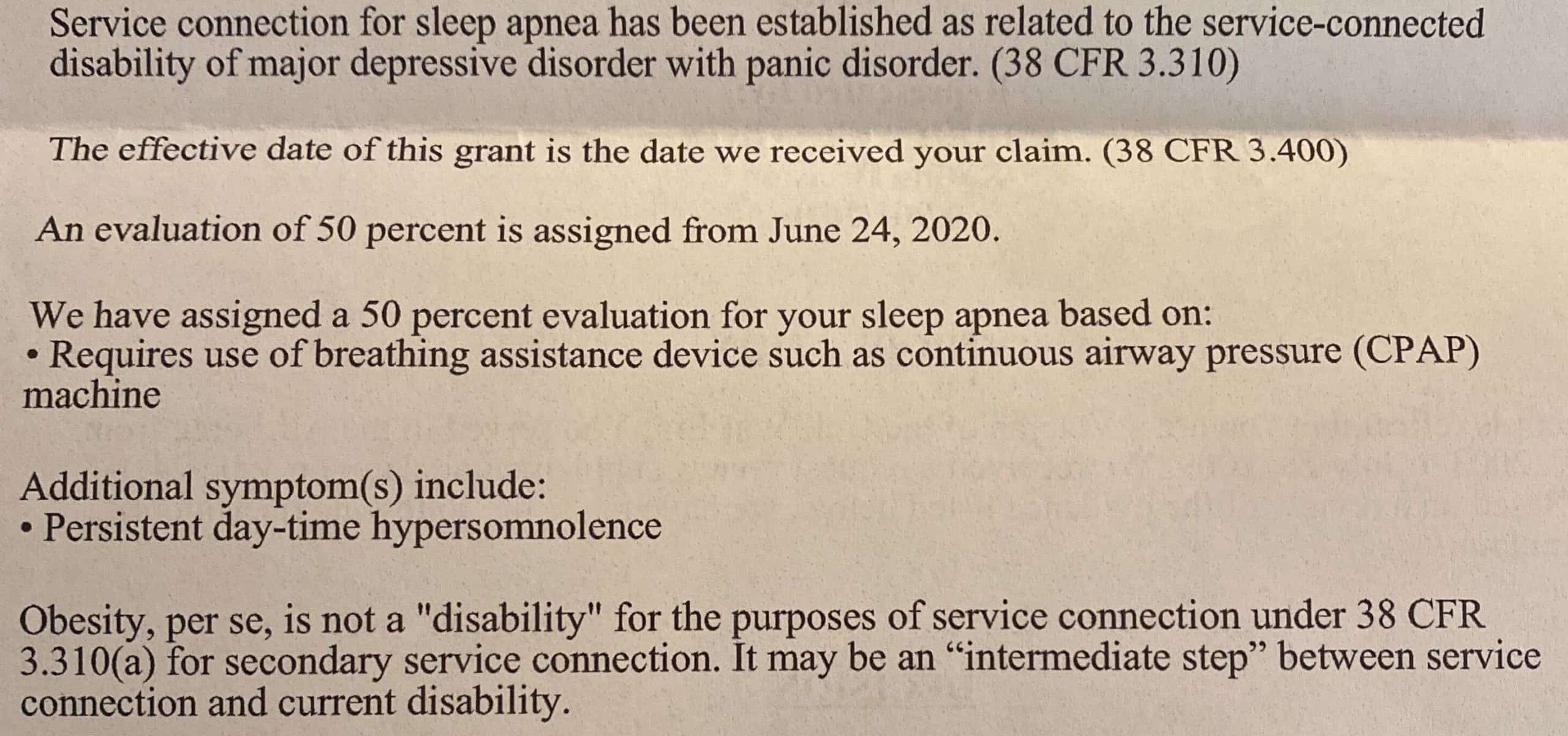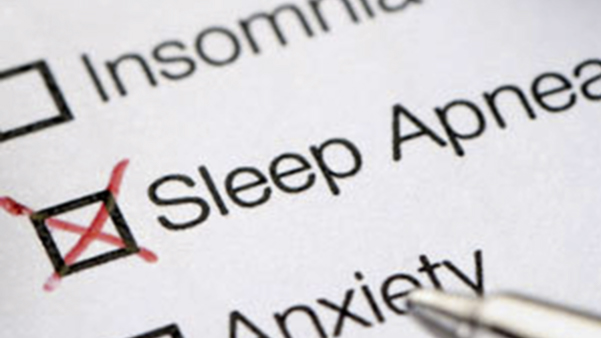Va Rating For Sleep Apnea Secondary To Ptsd
If you're looking for picture and video information linked to the keyword you have come to pay a visit to the right blog. Our website gives you suggestions for seeing the maximum quality video and picture content, search and find more enlightening video articles and graphics that fit your interests.
includes one of thousands of video collections from various sources, particularly Youtube, so we recommend this movie that you see. It is also possible to contribute to supporting this site by sharing videos and images that you like on this blog on your social networking accounts such as Facebook and Instagram or educate your closest friends share your experiences about the simplicity of access to downloads and the information you get on this website. This site is for them to stop by this site.

You must have a PTSD disability rating of at least 0.
Va rating for sleep apnea secondary to ptsd. Texas Veterans Commission WITNESS AT. Veteran has been diagnosed with obstructive sleep apnea treated by CPAP Continuous Positive Airway Pressure. So according to the study individuals with PTSD are 27 times more likely to suffer from sleep apnea than those without PTSD. Prevalence of sleep problems in Veterans with PTSD.
Sleep apnea is rated under 38 CFR 497 Diagnostic Code 6847. Scientists at the Madigan Army Medical Center have recently studied the incidence of sleep apnea in military personnel. They found an incredible statistical difference. Latest Posts VA Disability Claims Community Tagged With.
If you think your sleep apnea is secondary to your PTSD see our previous post Sleep Apnea Secondary to PTSD. PTSD is unique among mental health disorders in that sleep problems are mentioned twice among its diagnostic criteria in DSM-5. The VA will reward sleep apnea secondary service-connection to PTSD now but it is not a sure thing. Veterans are assigned either a 0 30 50 or 100 percent rating depending on the severity of their condition.
The VA disability ratings for sleep apnea are based on the severity of the veterans Obstructive Sleep Apnea. REPRESENTATION Appellant represented by. For example sleep deprivation insomnia hyperarousal and daytime sleepiness all affect both PTSD and sleep apnea. Sleep apnea is rated under 38 CFR 497 Diagnostic Code 6847.
Prove that your condition stems from your PTSD or from medication that you are prescribed for your PTSD. In an IMO a doctor can explain to the VA why he or she believes that your sleep apnea was at least as likely. If you have sleep apnea and any of the following conditions there may be a link between your service-connected condition and the other condition. Make sure to have a sleep study conducted and get a diagnosis for sleep apnea.
A relatively large difference when you compare it to the 474 of individuals with sleep apnea who do not have PTSD. If a veteran has both of these conditions they may be entitled to VA disability benefits. In order to receive VA disability benefits veterans conditions must be service-connected. Insomnia is reported to occur in 90-100 of.
This opened my eyes to realize that when the VA made my initial rating decisions in 2000 they failed to apply the laws properly. Approximately 1185 of individuals suffering from PTSD also had sleep apnea. At VA Claims Insider we specialize in connecting you with the right medical professional to help service-connect your conditions to prove the Nexus requirement under the law and in this post were discussing Sleep Apnea Secondary to PTSD. Remember that in order to be eligible for VA disability compensation a disability or condition you suffer from today must have been caused or.
More from my site. The most common condition that sleep apnea is connected to is PTSD. This means Veterans are at a higher risk of having sleep apnea secondary to PTSD. First and foremost claiming and getting sleep apnea secondary to PTSD o.
Active duty military members have been shown to be more susceptible to sleep disorders such as sleep apneaThe causes of sleep apnea in military members and Veterans can be related to toxin exposure such as smoke from burn pits trauma both physical and mental weight gain secondary to disabilities that prevent exercise among other things. The most persuasive way you can show this is through an independent medical opinion IMO. Many factors that aggravate PTSD have been shown to aggravate sleep apnea as well such as sleep deprivation chronic stress and hyperarousal. Secondary Service Connection for Sleep Apnea.
How to show your sleep apnea is secondary to your PTSD. The veterans sleep apnea is more likely than not secondary to his service-connected MDDPTSD. Once service connection is established VA will rate sleep apnea under 38 CFR 497 Diagnostic Code 6847 Sleep Apnea Syndromes.




